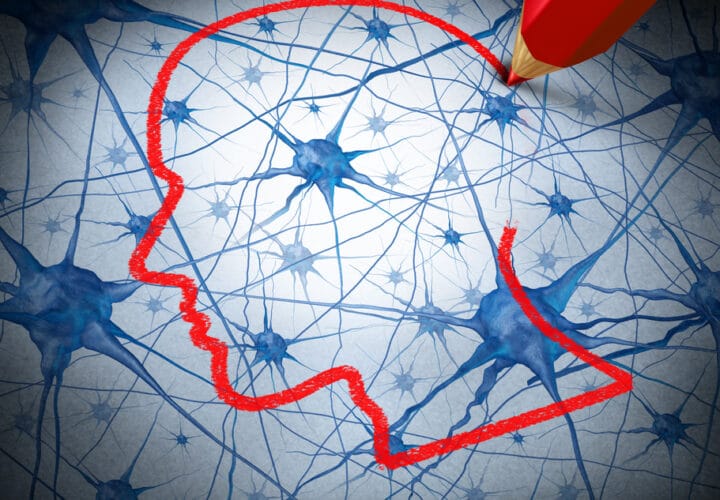Could epileptic seizures be a symptom of Alzheimer's disease? Discover why people who are living with Alzheimer's may be at an increased risk for seizures.
Could epileptic seizures be a symptom of Alzheimer’s disease? A recent study has found that patients with dementia have an increased risk of having a seizure at a younger age, as compared to people without dementia.
“There appears to be a mechanism at work that puts people living with dementia at higher risk and recurrence of all types of seizures,” said Maria C. Carrillo, Ph.D., chief science officer, Alzheimer’s Association. “While we continue our push to find treatments and preventions for Alzheimer’s and other dementias, doctors should be aware of how common seizures are in this population to better monitor and treat these individuals.”
The study conducted by researchers at the University of Cincinnati analyzed a large U.S. national managed care database which included more than 2.8 million individuals with and without dementia, age 60 and older. Those who had dementia had a 6.5 percent increased risk for seizures where the origin could not be determined.
How Seizures and Alzheimer’s Could Be Related
Abnormal electrical activity in the brain causes seizures and is not uncommon in later stage patients when the brain reaches the end stages of the disease. The most recent findings highlight the need for researchers to consider seizures at an earlier stage of dementia and understand if and how they are related to the disease.
“At the research level, we need additional studies to understand more about the shared mechanisms between epilepsy and Alzheimer’s that might help us better understand the impact seizures have on the brain in order to better treat both seizures and cognitive decline,” Carrillo added.
Frequency of Seizures in Alzheimer’s Patients
Data from over 20,000 people found the presence of active seizures were higher in persons with Alzheimer’s, according to another study that was conducted by the German Center for Neurodegenerative Diseases. The longer that individuals had been living with Alzheimer’s, the higher the risk for having a seizure and the earlier the seizures, the more severe memory problems, the study found.
“People with Alzheimer’s are at increased risk for seizures, in particular in more advanced stages of the disease, and they have an exceptionally high recurrence risk,” said Jonathan Vöglein, M.D., Ludwig-Maximilian University of Munich. “The high recurrence risk and potentially negative consequences of seizures suggest that individuals with Alzheimer’s should be treated with anti-epileptic drugs after their first seizure.”





I AM INTERESTED IN THIS AS I AT ONE TIIME WORKED IN AN ALZHEIMER OFFICE.
I LOST A BRO IN LAW A COUPLE MONTHS AGO THAT HAD THIS.